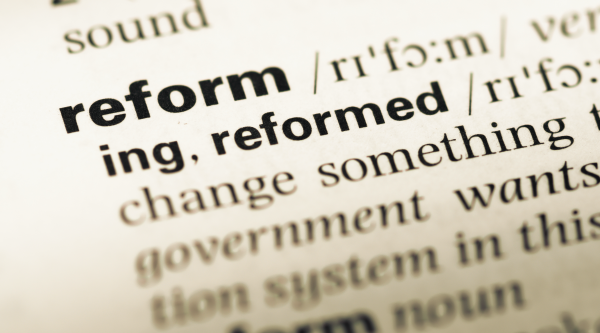Private Healthcare Australia chief executive Dr Rachel David writes that the latest Australian Prudential Regulation Authority (APRA) report has highlighted the "urgent need" for reform of the way commonly used medical devices are priced.

APRA’s latest quarterly report has revealed the benefits paid for generic medical devices used in surgery have outstripped claims for all other hospital services.
In the year to September 2021 compared to the year to September 2019 (pre-pandemic), benefits expenditure for medical devices increased by 6.6 per cent compared to 4.6 per cent for medical services and 3.2 per cent for accommodation services.
What this data reflects is the worrying trend of rising prices of common medical devices used in surgeries, and how this trend could pose a significant risk to the public health system.
Prices of medical devices in Australia are the highest in the world, and they are a major driver of health insurance premium increases for families. Premium rises above inflation will impact people and families already facing cost of living pressures as Australia moves out of the pandemic.
In Australia it costs 30 – 100 per cent more for the same devices and surgical items compared to the United Kingdom, France, New Zealand and even the United States.
Hip replacement stems used in surgery cost around $4,000 in Australia, whilst in the UK and New Zealand they cost around $1,800. Cardiac surgery items in Australia can cost up to five times as much compared to other countries. It is the same story for a range of other medical devices, including knee replacements, surgical glues and tapes, shoulder plates, coronary stents and much more. Sadly, this issue is not new, and it has been contributing to significant and unnecessary waste. But what is most concerning about these trends in the current COVID-19 pandemic is the significant risk they pose to Australia’s health system.
Australian health funds don’t want to increase premiums by a single dollar but as the latest APRA data shows, if benefits growth for common medical devices keeps outstripping claims for other health services, then health insurance premiums will continue to rise beyond sustainable levels, putting pressure on public hospitals as Australian families consider opting out due to cost of living pressures.
The Federal Government announced measures in the 2021 Federal Budget to fast-track changes to medical device pricing, but multinational medical technology companies and private hospital operators who profit from the high prices of medical devices, have stood in the way of reform from the get-go.
These big companies could lower their prices overnight, and in the process sure up Australia’s health system and keep private health insurance more affordable for the 14 million Australians who choose to have this cover for security and peace of mind.
But with no reform in sight until next year, this will mean Australian families with health insurance will pay higher health insurance premiums than they would otherwise need to.
Australia’s public hospitals will remain at risk if multinational medical device companies and private hospital operators continue to pull the wool over the government’s eyes and stand in the way of much-needed reform to the medical device pricing regime.
With millions of Australians facing rising health bills, and public hospitals struggling to cope with increased demand as a result of COVID-19, it is time the Federal Government saw through the delaying tactics of multinational corporations and delivered on much needed reform to the Prostheses List, to bring these prices in line with the rest of the world.
